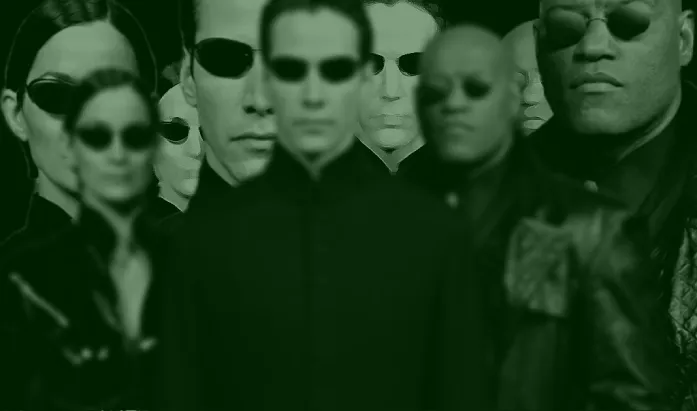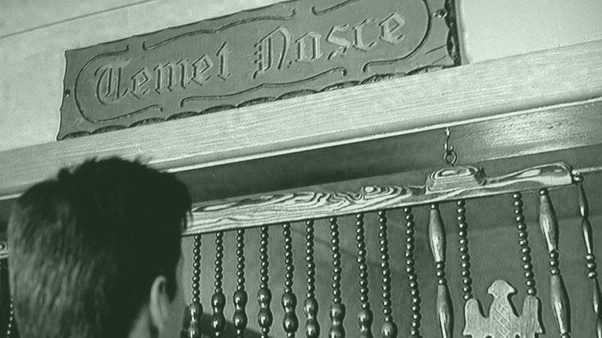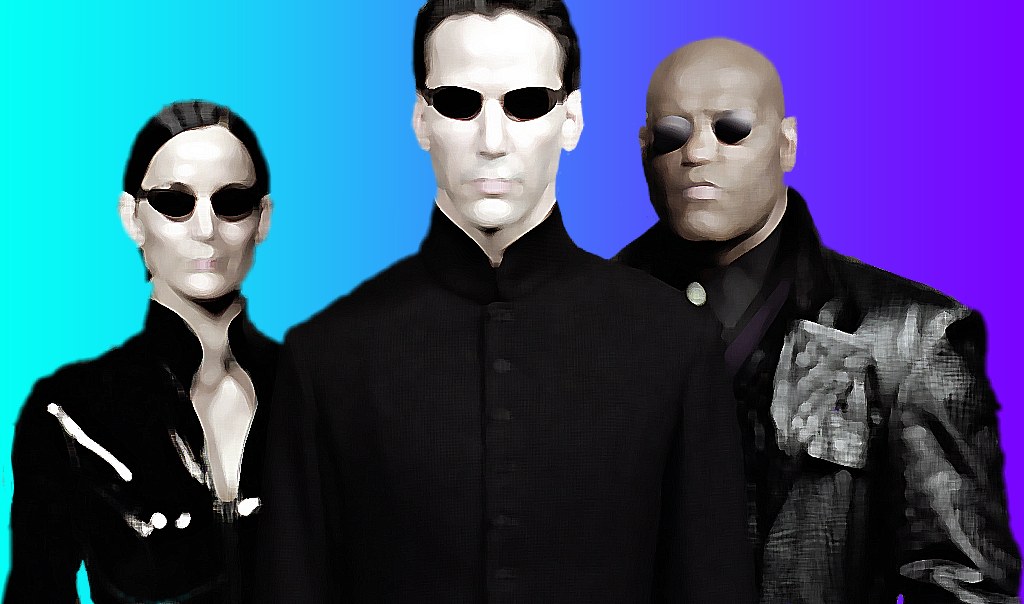
The most difficult thing in life is to know yourself.
– Thales of Miletus
My past failures clung to me like wet clothes—heavy, suffocating, and impossible to shake off. Old wounds that never fully healed would reopen at the slightest provocation, and time, relentless as ever, made sure I never forgot how much of it was slipping through my fingers. The clock seemed to tick louder whenever I stood still. I felt young, albeit there was an insidious pressure pressing down on me—the unspoken expectation that I should have already arrived at some finished version of myself. Society, family, friends—they all conspired, knowingly or not, to suggest that I should be fully formed by now. Instead, I felt lopsided, like I was walking with a leg length discrepancy, stumbling daily without balance.
One night, after another dead-end shift, I wandered the streets with no real destination. I wasn’t searching for anything specific—just a way to quiet the noise in my head. That’s when I ducked into a showing of The Phantom Menace, thinking maybe a little nostalgia would numb the restlessness. But the film left me cold. The magic I remembered from the original Star Wars trilogy had drained away, reduced to a preschool spectacle. It sharpened, rather than dulled, the discomfort gnawing at me.
At the time, entertainment had become my escape route. I wasn’t drowning in substances or destructive habits—I was disappearing into stories. Fiction felt safer, cleaner, and easier to process than the murky reality I was trying to avoid. But walking out of that theater, unsatisfied and numb, I realized I needed something more. Something with substance.
May 19, 1999. Loews Cheri, Boston. I spotted another marquee around the corner, advertising a film I’d never heard of. No trailer that I could remember. No posters, either. Just a cryptic title: The Matrix. On a whim, I bought a ticket.
I walked in, not knowing what I was signing up for. What unfolded wasn’t just an action movie; it was threaded with philosophical questions about reality, purpose, and free will. The characters wrestled openly with the disquiet that haunted me—the suspicion that life was scripted and preordained and that we march through it without asking why.
I sat there, transfixed, as the film gave voice to questions I hadn’t dared articulate. Questions about what was real. About the difference between going through the motions and being alive. When the credits rolled, I stepped outside, feeling dizzy. The world looked unfamiliar, as if I’d just glimpsed something beneath the surface— as if reality might unravel if I tugged at the right thread.
I couldn’t shake it. For weeks, I kept replaying scenes in my mind. I went back again and again, each viewing peeling away another layer. The film wasn’t about dystopian futures or a machine overlord, it was about agency. About the quiet, radical decision to stop sleepwalking through life.
The more I watched, the clearer it became: the Matrix wasn’t just fictional. It was the world I already inhabited—a framework built by corporate roles, family obligations, and societal expectations. All of this is designed to keep you obedient and predictable. Neo’s struggle mirrored my own. He felt boxed in by forces he couldn’t quite name. In the same way, I felt suffocated by an invisible hand pushing me to keep playing my part.
Suddenly, upscale malls and clienteling strategy sessions felt like set dressing—background noise for a performance I no longer believed in. The people shuffling past me, eyes down, clocking in and out looked like drones. And I was one of them, caught in the same loop: existing, not living.
Flash-forward a couple of decades later. So I thought. In actuality, I am still jacked into the Matrix. I stood there like a vintage Black Russian doll—worn, empty, pretending. A multi-thousand dollar return hit. Commission reversal. The kind that guts your paycheck days before rent’s due. I couldn’t breathe. I needed my version of the red pill.
Leaving my illusory job was the first move. Terrifying, yes, but necessary. I wasn’t naïve enough to think quitting would fix everything. But I knew I couldn’t keep trading my life away one paycheck at a time. Not if I wanted to reclaim even a sliver of purpose.
That was only the beginning. Obligations I’d accumulated—family gatherings I dreaded, social expectations I’d never questioned, fitness routines I didn’t care about—I let them fall away. Piece by piece, I cleared space to figure out what mattered to me.
I spent more time outdoors, drawn to places untouched by the systems I’d come to resent. Nature had no quarterly reports and no scripts to follow. I dusted off creative passions long abandoned—writing, photography—things I’d shelved in favor of more “practical” pursuits. Most importantly, I made a vow to stop swallowing whatever version of reality was being fed to me. Like Morpheus said, I had to know the truth for myself.
Of course, the process wasn’t clean. People didn’t understand. My friends thought I was being reckless. My family assumed it was a phase, something I’d eventually outgrow. They waited for me to return to the fold.
But over time, something shifted. They saw I wasn’t flailing—I was becoming. My restlessness gave way to clarity, and my choices, though unconventional, were deliberate. I wasn’t reacting anymore. I was living intentionally.

She gestures to a wooden plaque, the kind every grandma has, except that the words are in Latin.
“You know what that means? It’s Latin. Means, ‘Know thyself.'”
– The Wachowskis
And then, something unexpected unfolded. My shift sent ripples outward. Old friends reached out, their voices softer now, quietly admitting they felt trapped in the success they had so carefully curated. Conversations opened—tentatively, yet with undeniable honesty about what we had abandoned and what we might still reclaim.
I never set out to influence anyone. I was trying to breathe. But in making space for myself, I unknowingly created space for others. And so, without fanfare, we quietly became a network of awakened souls—nudging each other awake whenever one faltered and slipped back into old programs.
25 years later, The Matrix is still lodged in my brain like a splinter—not as a cult classic but as a private guidebook. Its dialogue echoes in quiet moments. Its imagery flickers at the edges of my thoughts. A reminder that the choice to wake up isn’t a one-time event. It’s daily, relentless. You have to keep taking the red pill. Keep questioning. Keep choosing.
Some people sleep through life because it’s easier. Who can blame them? Comfort is seductive. But I can’t go back, not after what I’ve seen.
Every so often, when I catch someone moving mechanically through their routine, I want to tap them on the shoulder and ask, gently: Have you ever questioned the nature of your reality?
The answer, I’ve learned, is less important than the asking.
I used to believe that if I worked hard enough, the system would reward me. That’s the lie they feed you. I saw it firsthand in luxury retail—chasing commissions, watching taxes gut my paycheck, and feeling the sting when a client returned a $5,000 handbag and wiped out a week’s earnings. Christmas high-volume sales commissions dangled like bait. However, after deductions, they barely kept me afloat.
Outside the store, social media kept me docile. Scroll. Compare. Like. Repeat. The dopamine hit was just enough to keep me numb. The algorithm doesn’t care if you’re drowning; it keeps feeding you the fantasy. And when you’re forced to make bad decisions to survive, debt becomes another link on the chain of human battery slavery. One missed step, and you’re locked in. The system profits either way.
I took a gamble most wouldn’t. Walked away. Risked everything—my finances, my family’s approval, even my safety. Failure wasn’t some abstract threat; it was real. It waited at every turn.
The removal of the crust from my bottom eyelid invokes clarity. The machine is not broken. It hums, perfectly intact, as it was designed—to keep you compliant, distracted, and bound.
No one will hand you the red pill.
So I have chosen to shape my world, to construct a mechanism of my own making.
I need no machine they offer. I’m building a different path—one that slips through their grip. One that seeks a gentler, truer rhythm.
The power of choice. Mental divinity into being.
Built. Not Given.

